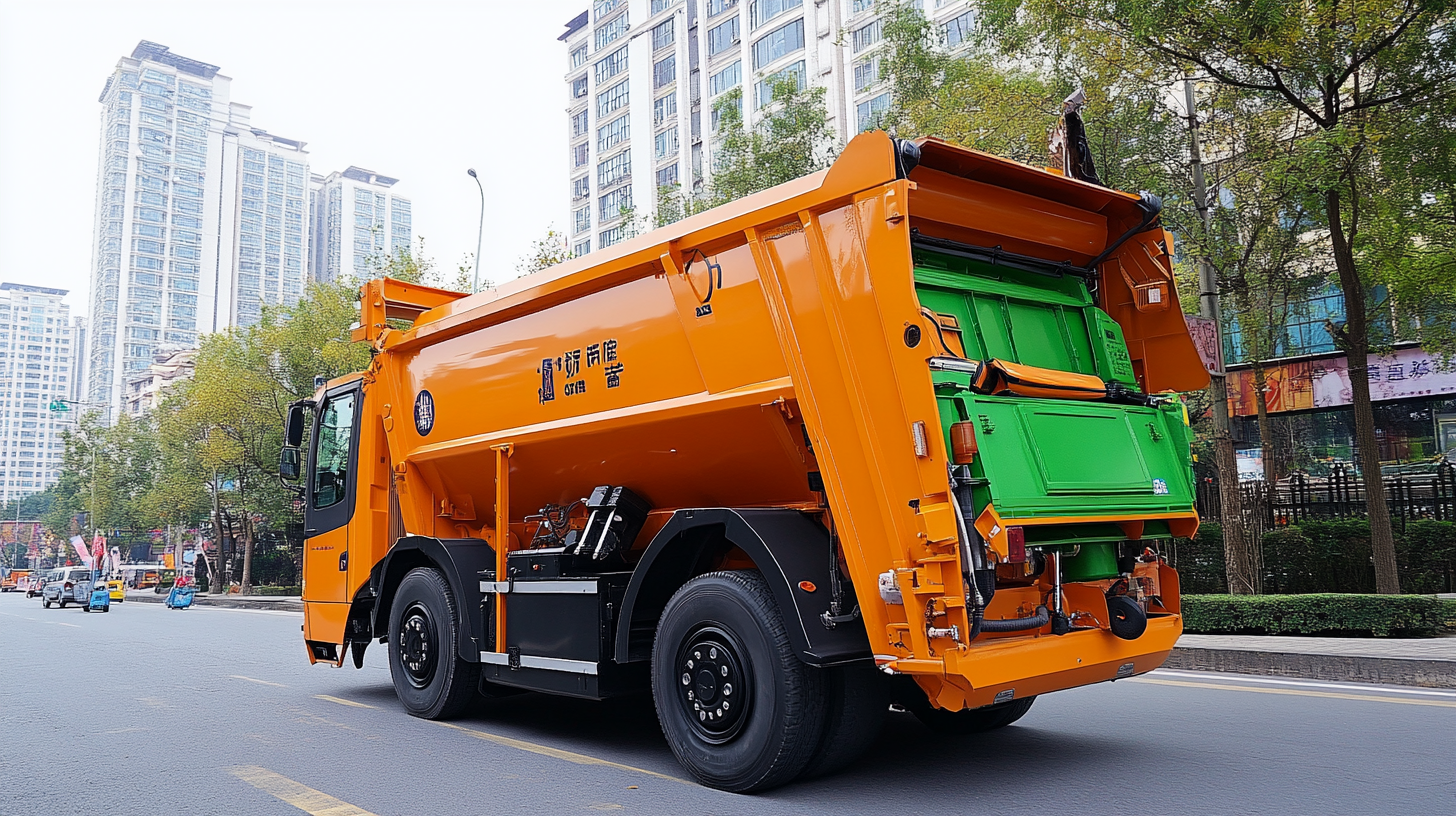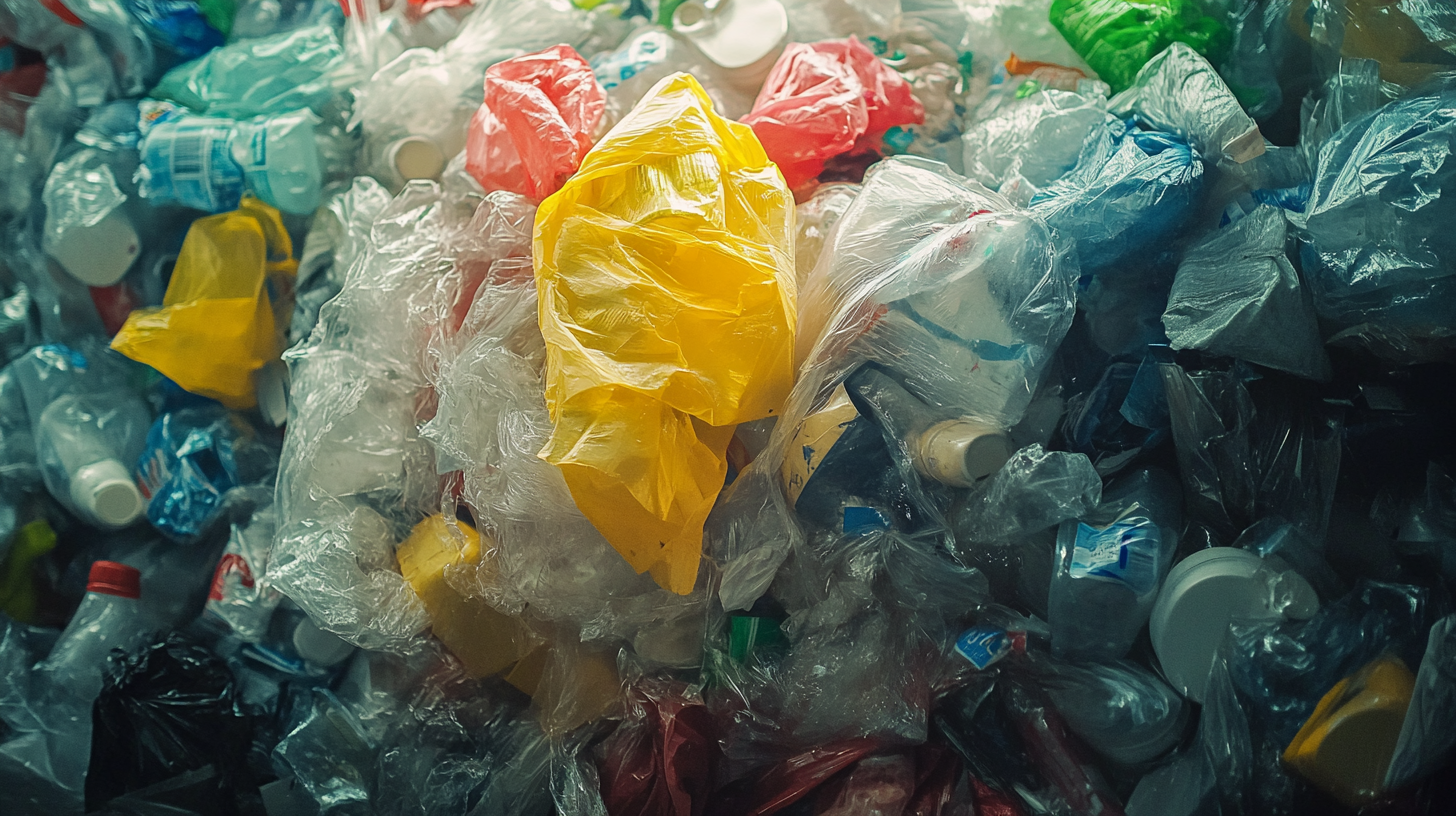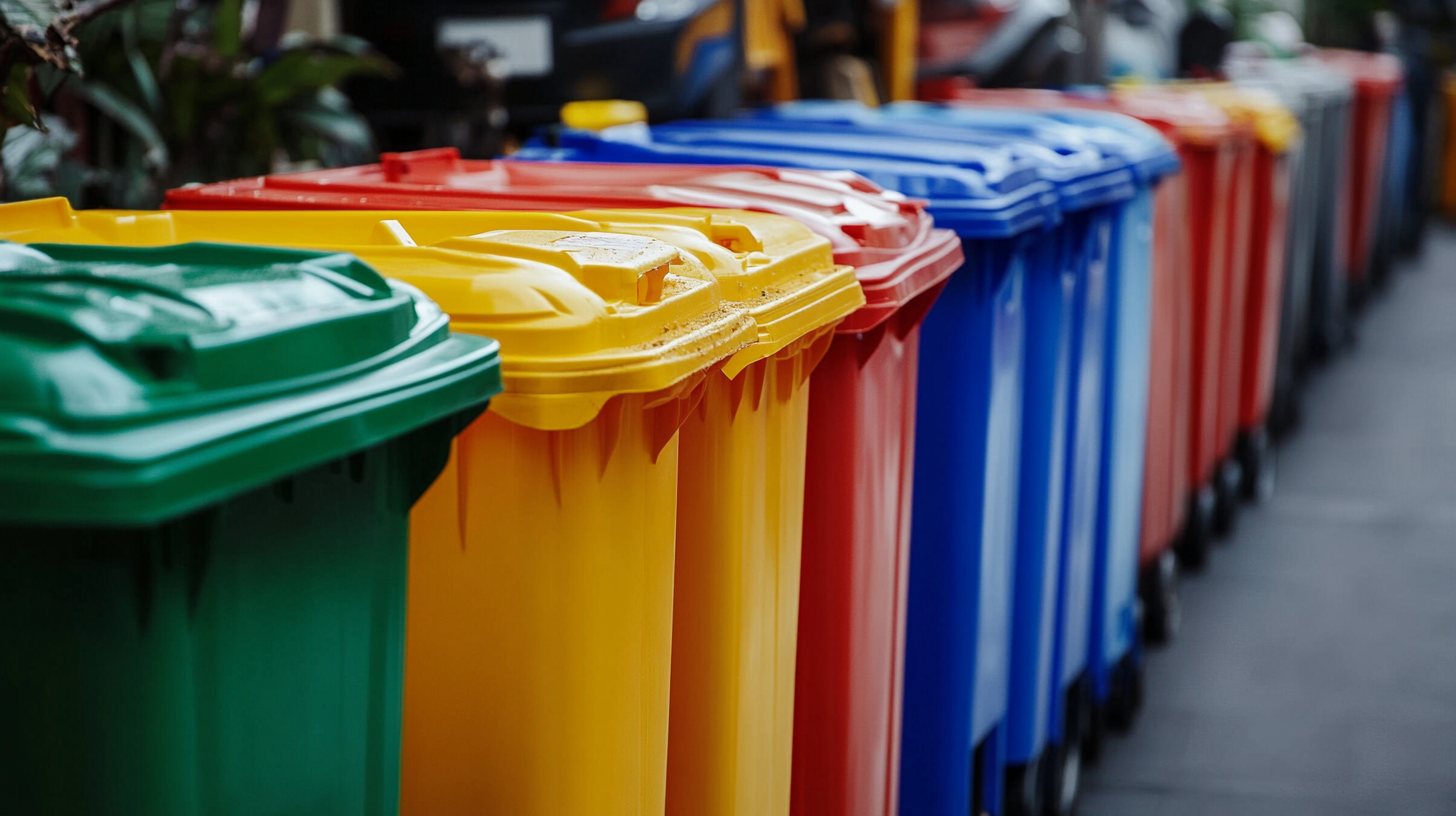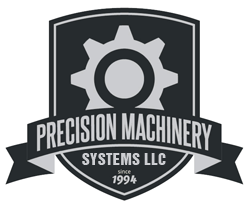Revolutionizing Waste Management Strategies at the 137th Canton Fair with Trash Compactors for Recycling
The 137th Canton Fair has marked a significant turning point in waste management strategies, particularly with the introduction of advanced solutions such as the Trash Compactor For Recycling. As global awareness of sustainability heights, the integration of efficient recycling systems is becoming crucial. According to recent industry reports, the global waste management market is expected to reach USD 650 billion by 2027, with recycling technologies contributing substantially to this growth. The presence of 288,938 overseas buyers from 219 countries at this year's Fair highlights an increasing emphasis on innovative waste solutions, showcasing a 17.3% rise from the previous event. As businesses continue to explore sustainable practices, the role of sophisticated recycling technologies, including trash compactors, becomes paramount in revolutionizing waste management at both local and international levels. The success witnessed at the Canton Fair underscores the urgent demand for eco-friendly solutions in commercial settings, driving a collective move toward a greener future.

Innovative Waste Management Solutions Showcased at the 137th Canton Fair
The 137th Canton Fair has become a pivotal platform for showcasing innovative waste management solutions, particularly emphasizing the role of trash compactors in advancing recycling efforts. According to a report from the Global Waste Management Industry, the global market for waste management is expected to reach over $530 billion by 2025, driven by an increased awareness of environmental issues and the need for sustainable waste practices. This year's exhibition highlights state-of-the-art trash compactors that reduce waste volume by up to 70%, making recycling processes more efficient and economically viable for businesses.
Attendees at the fair have witnessed displays featuring cutting-edge technologies that improve waste segregation and collection, contributing to higher recycling rates. The World Bank estimates that cities around the world produce about 2.01 billion tons of municipal solid waste annually, and with the implementation of advanced waste management strategies, it is projected that recycling could rise to 50% in urban areas by 2030. The introduction of these innovative compactors not only optimizes the space but also enhances the quality of recyclable materials, ultimately playing a crucial role in transitioning towards a circular economy.

The Impact of Global Participation on Recycling Technologies
At the 137th Canton Fair, the integration of global contributions into recycling technologies highlighted a significant shift in waste management strategies. The participation of international companies like TOMRA and Veolia has accelerated advancements in smart recycling solutions. According to a report by the World Economic Forum, by 2030, the global market for waste recycling technologies is projected to reach $1 trillion, emphasizing the critical need for businesses to adopt innovative solutions that drive efficiency and sustainability.
The fair showcased cutting-edge trash compactors designed for recycling, which play a crucial role in enhancing resource recovery. In fact, a study by McKinsey & Company indicates that implementing modern waste separation and compaction methods can improve recycling rates by over 30%. The efficiency of trash compactors not only optimizes space but also maximizes the quality of recyclables processed, ultimately benefiting both local economies and environmental sustainability. As industries around the world harmonize their efforts, the evolution of recycling technologies will foster a more circular economy.

Enhancing Sustainability with Trash Compactors in Waste Management
As the world grapples with increasing waste generation, innovative waste management solutions have never been more crucial. At the 137th Canton Fair, the spotlight was on the role of trash compactors in enhancing sustainability and promoting recycling efforts. By effectively compressing waste, these compactors not only minimize the volume of trash but also ensure more efficient resource recovery, supporting a circular economy.
The projected growth of the smart trash bin market, with an anticipated CAGR of over 27.88% from 2025 to 2032, underscores the rising demand for advanced waste management technologies. With a market value expected to exceed USD 28.12 billion, the integration of smart technology in waste systems is poised to revolutionize how communities manage their refuse. Initiatives like Sri Lanka's procurement of 28 garbage compactors from Japan illustrate proactive steps toward improving local waste management capabilities, particularly in underserved areas. These strategic investments highlight a collective move toward sustainable practices that will benefit both the environment and public health.
Waste Management Strategies at the 137th Canton Fair
This pie chart represents the distribution of various waste management strategies employed during the 137th Canton Fair. It highlights the importance of recycling, alongside other methods such as landfilling, incineration, and composting, demonstrating a commitment to enhancing sustainability in waste management practices.
Future Trends in Eco-Friendly Waste Strategies Post-Fair
As the 137th Canton Fair showcases innovations in various industries, the spotlight on eco-friendly waste management strategies is particularly timely. The use of trash compactors for recycling has emerged as a leading solution to reduce waste volume and promote sustainable practices. These compactors not only streamline the recycling process but also pave the way for a more efficient waste management system that benefits both businesses and the environment.
Post-fair, we can anticipate several future trends in eco-friendly waste strategies. Businesses are likely to adopt more advanced technologies that integrate waste management with real-time monitoring systems. These systems can help track waste generation patterns and recycling rates, enabling companies to make data-driven decisions to minimize their environmental footprint. Furthermore, with the rise of circular economy principles, the focus will shift toward designing products with their end-of-life in mind, ensuring materials are reused or recycled effectively. In this evolving landscape, collaboration among stakeholders—from manufacturers to consumers—will be crucial to achieving sustainable waste management goals.
Revolutionizing Waste Management Strategies at the 137th Canton Fair
Key Takeaways from the Canton Fair for Recycling Industry Stakeholders
The 137th Canton Fair showcased innovative waste management solutions, highlighting the crucial role of trash compactors in enhancing recycling efforts. Attendees from the recycling industry must pay attention to the latest advancements in waste management technology. The integration of compactors not only optimizes space but also increases the efficiency of material recovery, making it a pivotal strategy for businesses aiming to elevate their sustainability practices.
Key takeaways from this event suggest a shift towards more collaborative approaches among stakeholders in the recycling sector. Networking opportunities at the fair fostered discussions on best practices and future trends, emphasizing the importance of innovative technologies in waste management. As the industry evolves, embracing sustainable solutions will be essential for organizations to stay competitive and responsible in their operations, aligning with broader environmental goals.
